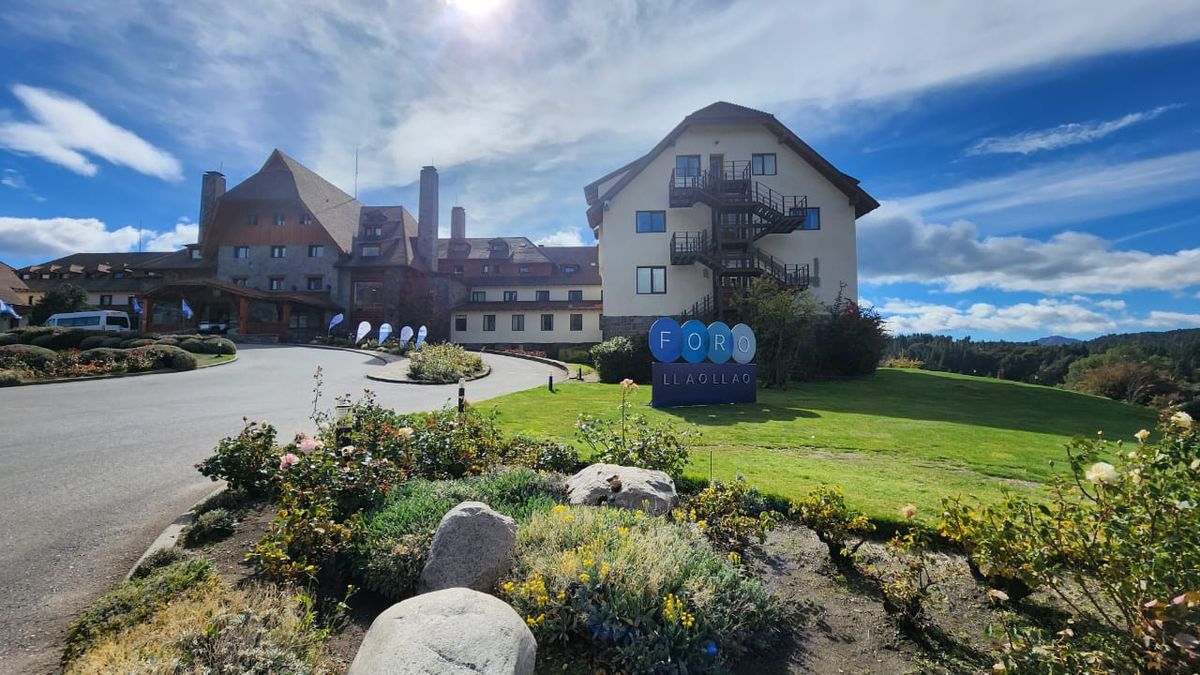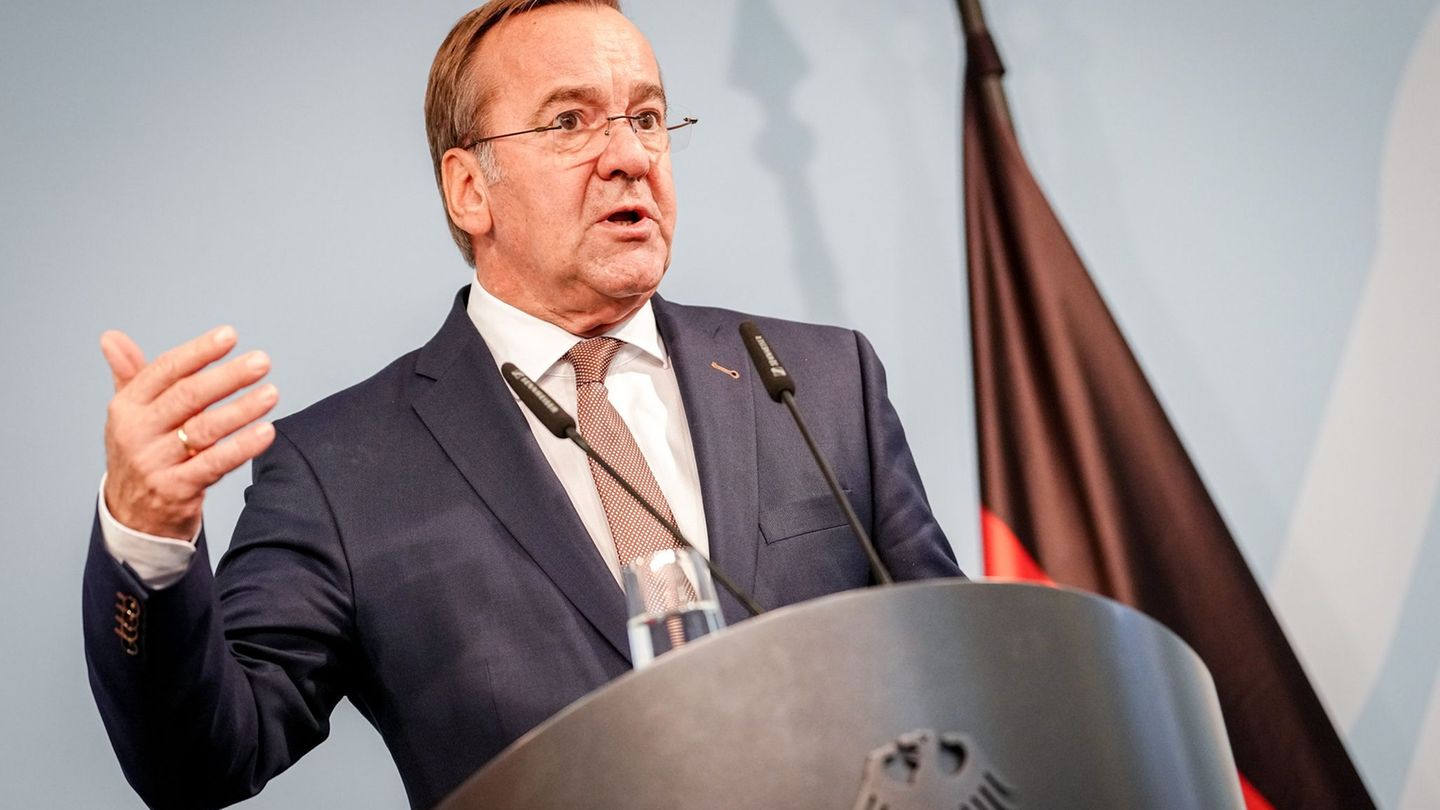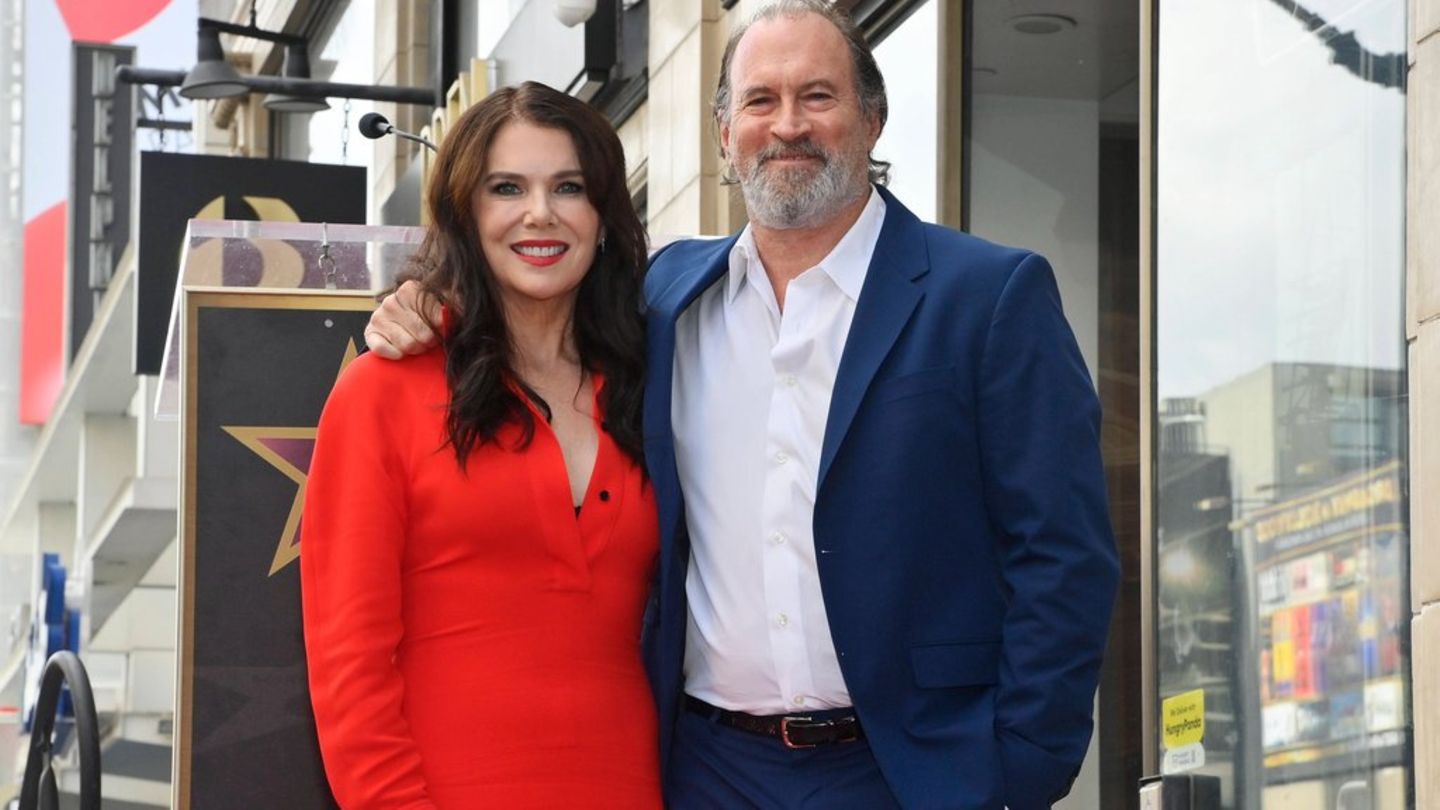A sea of suitcases floods a corridor about a hundred meters long that connects the different rooms on the ground floor of the hotel llao llao. The forum that brings together the most powerful businessmen in the country every year ends and some 140 businessmen and women start their return. As usually happens in Argentina, time passed in a special way. Between Monday and Wednesday the price of the blue dollar rose more than $20, inflation projections jumped again and the President’s chief adviser resigned. All in less than 72 hours. The main opposition candidates for president deployed their adjustment agenda. They presented a cocktail that ranges from fifteen-point pruning of spending to labor reform and a plan to dollarize the economy before a red circle that takes note, but has its own agenda. The ruling party was conspicuous by its absence.
Horacio Rodríguez Larreta, Patricia Bullrich, María Eugenia Vidal, Gerardo Morales and Javier Milei approached the building full of Patagonian wood that is located in front of Lake Nahuel Huapi, to seduce those who many classify as “real power.” Over there, owners of influential companies in different sectors of the economy received them with moderate enthusiasm. “It’s more useful for them than for us to come, everyone who is here has the candidate’s phone number and can talk whenever they want,” summarized a weighty businessman.
Politicians deployed their operative seduction. The proposals enlivened the atmosphere as much as the piano that revisited pop classics during long days in the hotel lobby. The opposition referents were dispatched with their recipes: cut public spending, opening of the exchange stocks, labor reform, lower taxes. Music to the ears of the “140 sharks”, as they defined in a room reserved for attendees.
The dispute over the applausometer it reached the campaign teams of politicians. In Patricia Bullrich’s environment they released a survey that positions her as the most elected exhibitor with fifty votes, followed by Larreta with twenty-five and Milei with sixteen. On the other hand, the collaborators of Gerardo Morales assured that the man from Jujuy “was the most applauded”. All very difficult to verify.
On Monday, when the event started, the Dolar blue It was listed for around $400 in the caves of the City of Buenos Aires. By Wednesday the parallel currency, which is also offered to the cry of “change, change” in the center of Bariloche, was already close to $423. Far from the dynamics that can be observed in the graphs of the television channels, businessmen took it easy.
“It’s a matter of expectationsThis market is moved by the micro decisions that each one makes and there is a great psychological component,” said the head of a firm who preferred to remain anonymous. “Inflation is going to continue to rise, therefore the dollar too,” summed up another experienced man in the commercial field.
The truth is that during those hours in the Patagonian lands, more concern was expressed about the rise in rates in the United States and the crisis of the financial system, than about the more than usual jumps in the parallel exchange rate. The Llao Llao Forum is characterized by the high level of attendance of entrepreneurs in the technology sector who, given the lower appetite of investors for risk, find access to financing to promote their projects much more complicated.
Tuesday was a day of many versions. Some spoke of changes in the Government, others of cross operations and some even slipped some conspiracy theory about the rise of the blue dollar. None of that penetrated the walls of the Llao Llao Hotel. The internal climate of a kind of spiritual retreat took its course. Hardly a businessman referred to the twists and turns that ended with the departure of Antonio Aracre from the Casa Rosada: “It is one more episode of those that the Government has accustomed us to,” he said.
After a series of panels led by professionals who analyzed topics of intense debate around the world, such as the advancement of artificial intelligence, the table was served with a classic roast to close the meeting, with a lunch that would be delighted by the diners while the president Alberto Fernandez gave a speech via videoconference. There was even a connection with the Casa Rosada to test the sound quality. But none of that happened, the president He decided at the last minute not to participate “due to agenda issues.”
Despite the fact that Fernández himself said days ago that “we must end the discussion between businessmen on the one hand and the State on the other”, in the chronicles of the 72 hectic hours the conclusion will be a competition between opposition candidates to define who is More to the right. The absolute absence of voices from the ruling party ended up overshadowing the political debate. The lack of muscle of the Government to discuss the agenda is one more picture of the resignation that many also perceive in the daily management.
Source: Ambito




